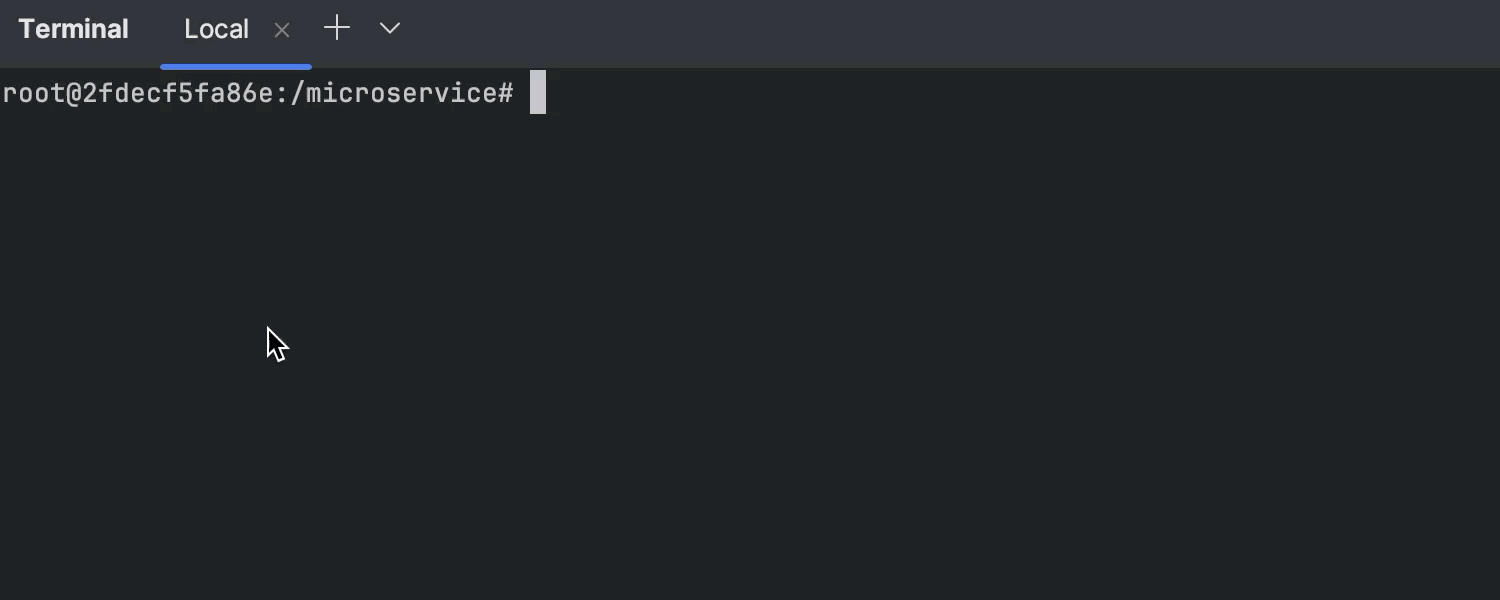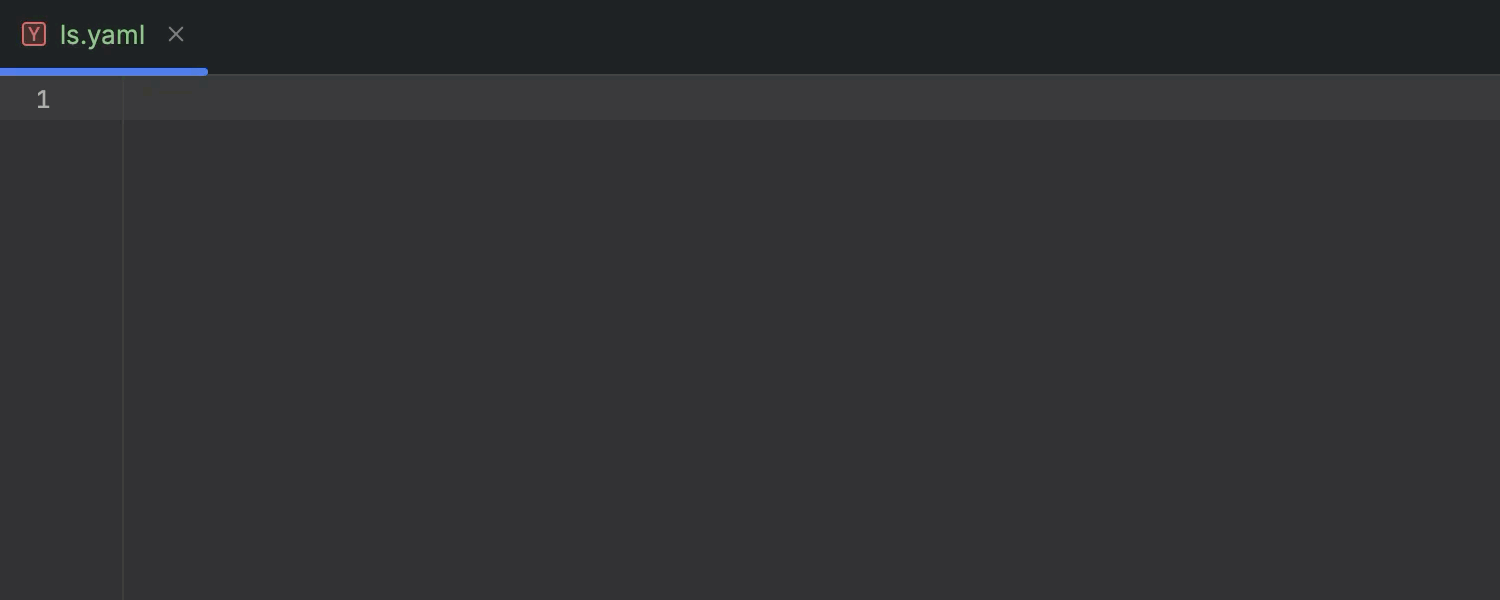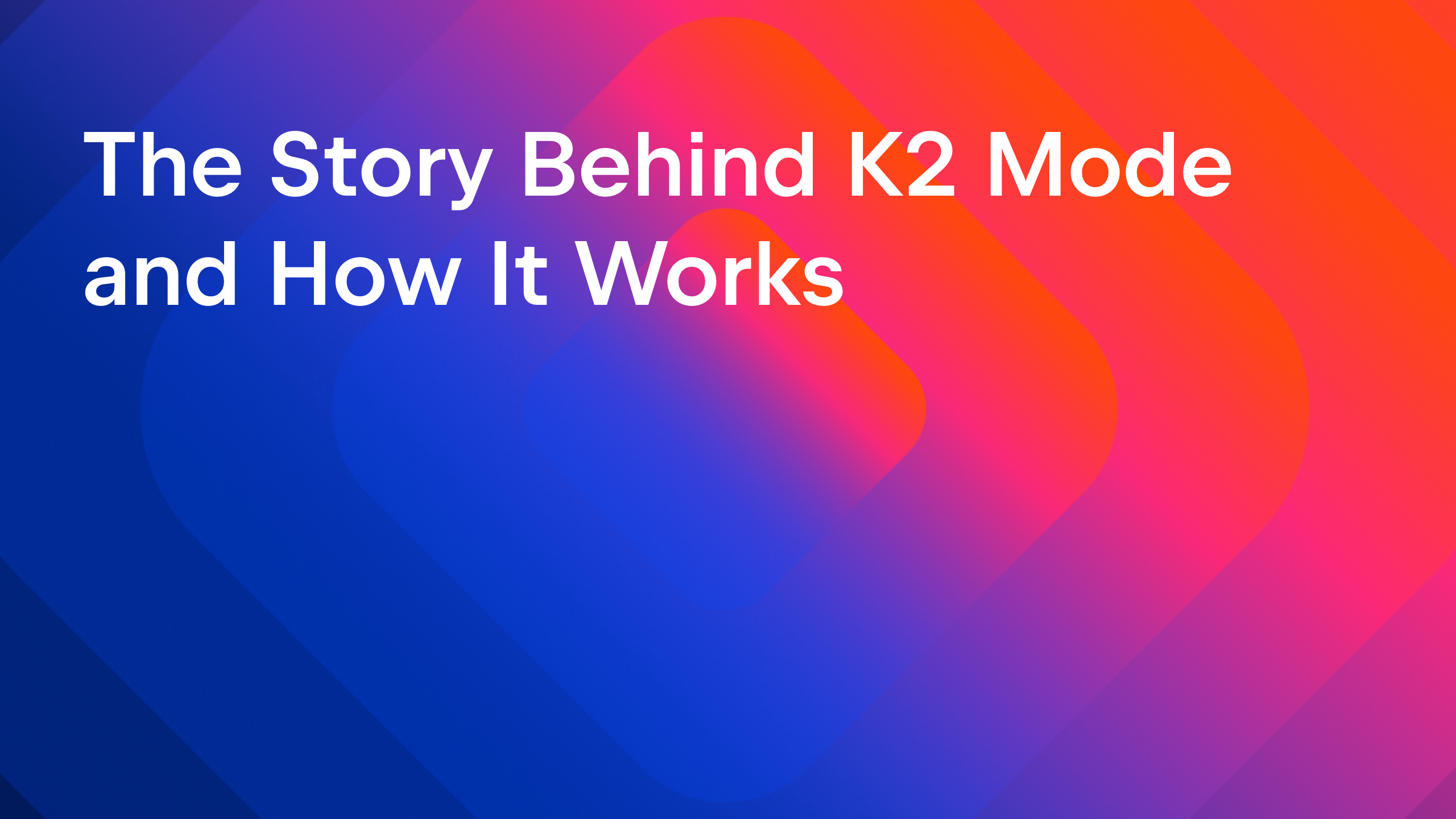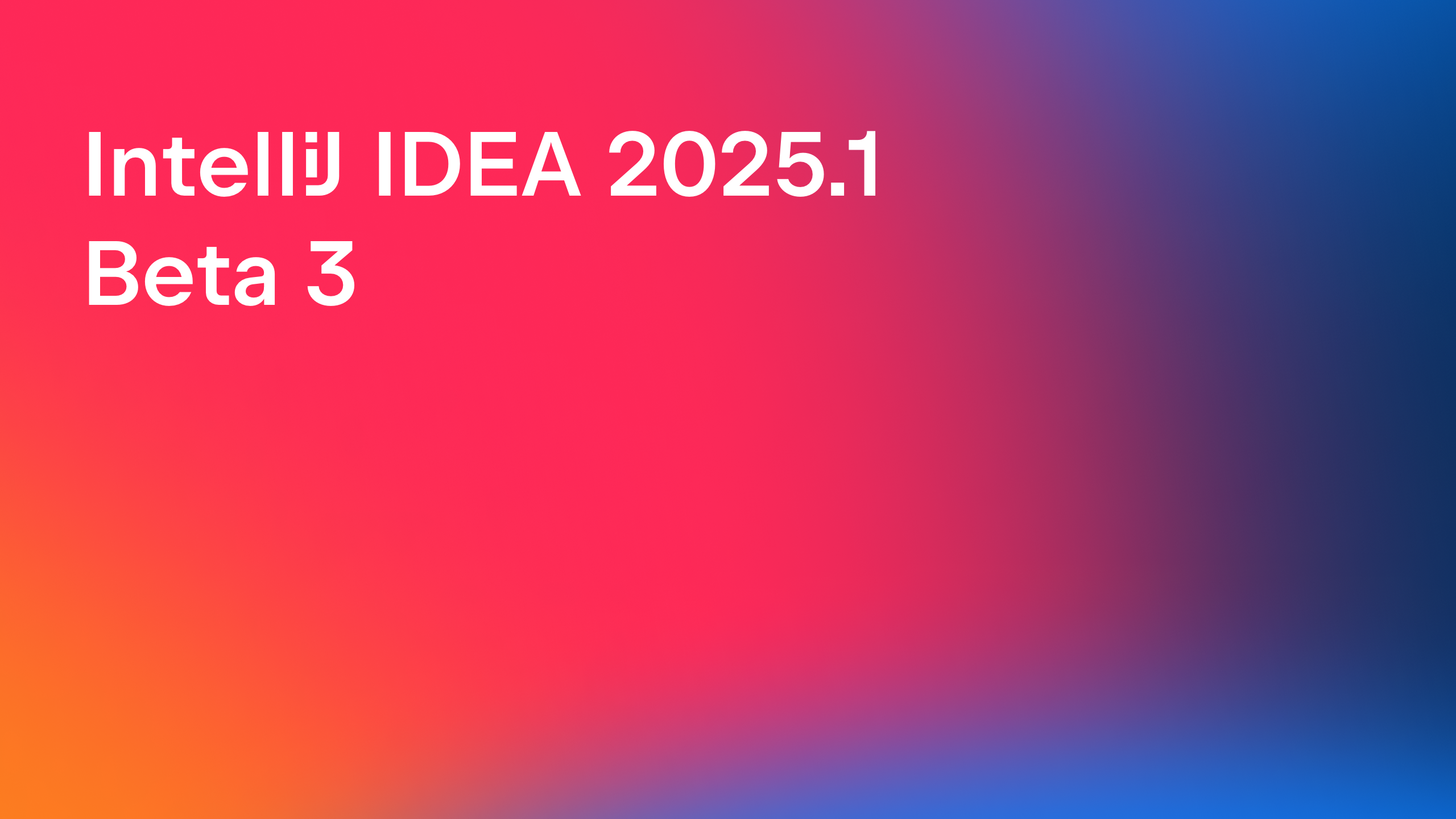IntelliJ IDEA
IntelliJ IDEA – the IDE for Professional Development in Java and Kotlin
IntelliJ IDEA 2023.3 EAP 6: Extended Dev Containers Support, Kubernetes Updates, and More
IntelliJ IDEA 2023.3 EAP 6 is here! This EAP build brings a preview of more new features and enhancements coming in the next major release.
You can get the latest build from our website, through the free Toolbox App, or via snaps for Ubuntu.
Download IntelliJ IDEA 2023.3 EAP 6
This blog post highlights the enhanced user experience with Dev Containers, Kubernetes, and more. For a comprehensive look at the additions to the IDE introduced in previous EAP builds, check out the IntelliJ IDEA 2023.3 EAP section of our blog.
Let’s see what the latest EAP build has to offer!
Remote development (Beta)
Improved support for Dev Containers
In IntelliJ IDEA EAP 2023.2, we announced support for Dev Containers, which has been significantly extended during this development cycle.
Dev Containers allow developers to describe their development workspaces – including IDEs, necessary tools, dependencies, and frameworks – using code. These described configurations are stored in the project repository and can be rapidly launched within a container.
IntelliJ IDEA 2023.3 EAP 6 introduces support for Dev Container Features, providing a convenient and fast way to integrate additional tools, runtimes, and libraries essential for development. While you can still rely on Dockerfiles and scripts for this purpose, the introduction of Features streamlines the installation of essential components, ensuring a faster setup process.
We’ve also introduced support for Docker Compose within Dev Containers, enabling the seamless launch of both the main container with the IDE and any dependent containers, such as those with databases or message queues, which are useful during the development process.
- The
dockerComposeFileproperty points to the location of thedocker-compose.ymlfile. - The
serviceproperty specifies the location of the main container. runServicesis a set of dependent containers that should be started or stopped alongside with the development environment.
In addition, we’ve implemented automatic port forwarding so that any ports that the application starts listening to in a Dev Container are seamlessly forwarded.

Clouds
Bicep support
We’ve introduced initial support for Bicep, an Infrastructure as Code language tailored for Azure. It translates into Azure Resource Manager (ARM) templates and is intended for a close integration with Azure services. The IDE now offers code highlighting along with code completion that is facilitated through the language server protocol for Bicep.
Kubernetes
Working with databases in Kubernetes
IntelliJ IDEA 2023.3 EAP 6 offers an enhanced user experience when working with databases hosted in Kubernetes. Now, Database Tools allow you to configure port-forwarding within Kubernetes while establishing a database connection.
Support for $schema within comments in YAML files
The IDE can now identify references to specific YAML schemas included as comments and provides code completion and syntax validation within YAML files based on the specified schema, whether it’s stored locally or accessed remotely.

Build tools
Maven project modules grouping based on qualified module names
Continuing our efforts on the new fast Maven import, we’ve revamped the way the IDE handles the grouping of project modules. Now, it automatically groups modules based on their qualified names. If needed, you can manually rename modules, and these names will persist during subsequent Maven project reloadings.
These are the highlights for this week. For the full list of implemented changes, see the release notes. Keep an eye out for more updates in the coming week!
We hope that you’ll find these new features to be valuable, and we’re eager to hear your thoughts. Please share your feedback in the comments below or on X (formerly Twitter). If you come across any bugs, please help us address them by submitting a report to our issue tracker.
Happy developing!
Subscribe to IntelliJ IDEA Blog updates








